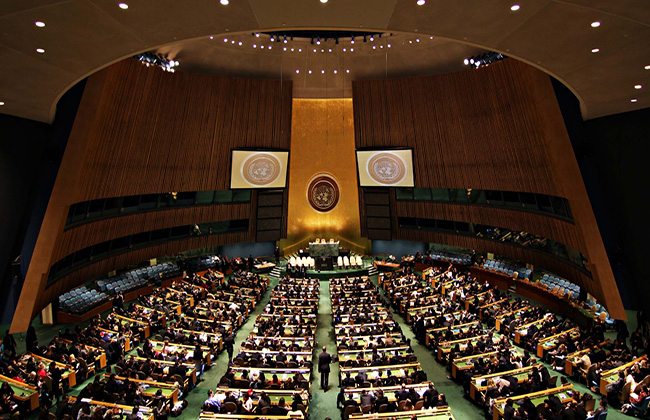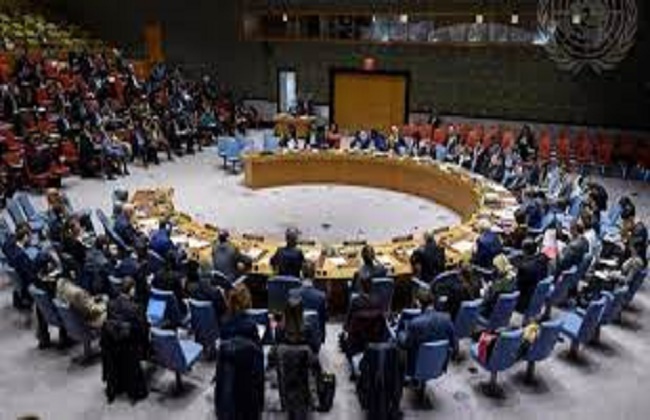The UN Office on Drugs and Crime hailed the recently agreed Cybercrime Convention as a ‘landmark step’ in cooperating to tackle online dangers. But human rights organisations aren’t so sure. Ominously, the resolution that started the process, passed by the UN General Assembly in December 2019, was sponsored by authoritarian Russia
Author: Inés M. Pousadela
Migration in the Americas: A dream that can turn deadly
The Darién Gap is a stretch of jungle spanning the border between Colombia and Panama, the only missing section of the Pan-American Highway that stretches from Alaska to southern Argentina. For good reason, it used to be considered impenetrable. But in 2023, a record 520,000 people crossed it heading northwards,
Democracy’s contested territory
Gender rights: Resistance against regression
Global progress on gender rights has slowed almost to a halt. After decades of steady progress, demands for the rights of women and LGBTQI+ people now play out on bitterly contested territory. Over the course of several decades, global movements for rights won profound changes in consciences, customs and institutions.
UN cybercrime convention: Could the cure be worse than the disease?
If you’ve never heard of the Cybercrime Convention, you’re not alone. And if you’re wondering whether an international treaty to tackle cybercrime is a good idea, you’re in good company too. Negotiations have been underway for more than three years: the latest negotiating session was held in April, and a multi-stakeholder





